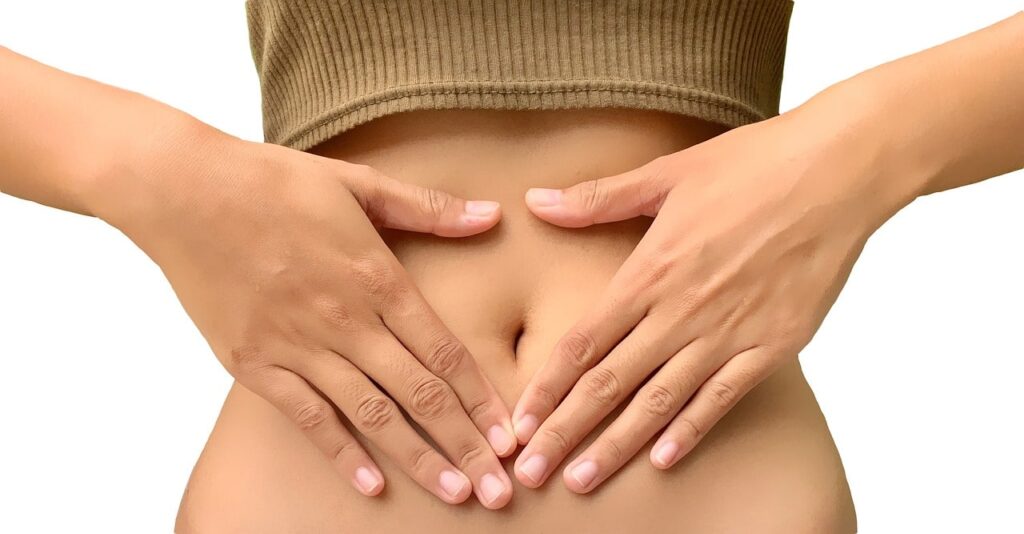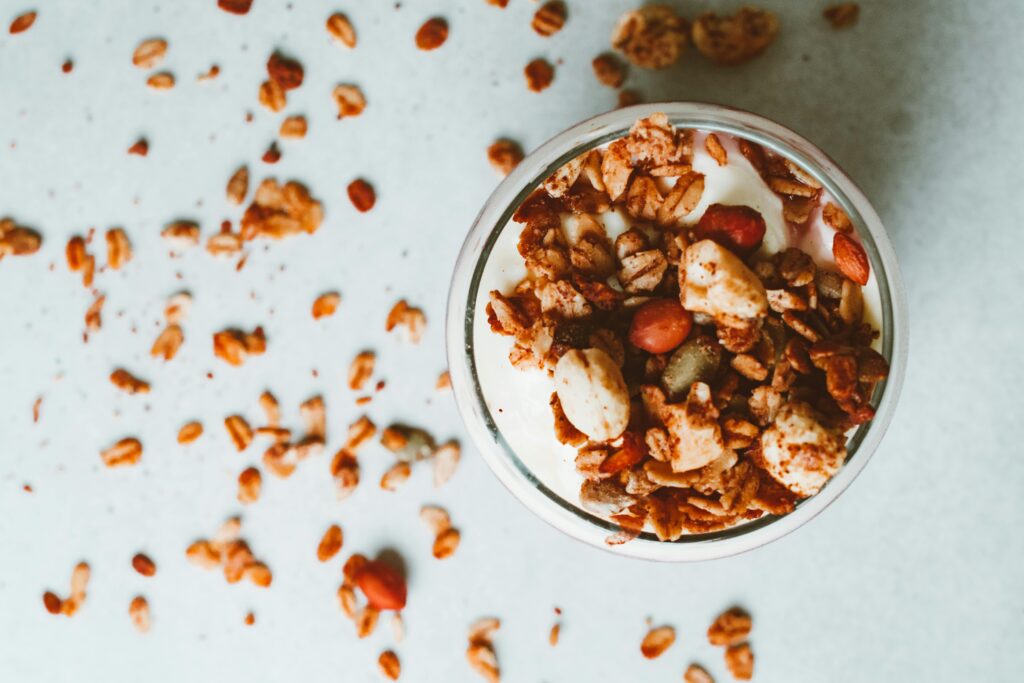By: [Dr Sandwip Talukdar] | Date: June 12, 2024

Introduction | Probiotics for Women
Probiotics for women have garnered significant attention recently for their potential health benefits. These live microorganisms, often called “beneficial bacteria,” can help balance the gut microbiome and to support overall well-being. This article delves into the mechanisms of probiotics, their benefits specific to women’s health, and considerations for medical professionals when advising patients on probiotic use.
What Are Probiotics for Women?
Probiotics are live microorganisms that confer health benefits to the host when administered adequately. They primarily consist of bacterial strains such as Lactobacillus and Bifidobacterium, and they play a crucial role in maintaining homeostasis within the gut microbiome. Probiotics exert their effects through several mechanisms, including competitive exclusion of pathogens, enhancement of the epithelial barrier, and modulation of the host’s immune response.
The Benefits of Probiotics for Women
Probiotics offer several health benefits that are particularly relevant to women’s health. These benefits can be categorized based on their physiological impact:
- Digestive Health: Probiotics contribute to maintaining a balanced gut microbiota, which is also essential for optimal digestive function. They have been shown to alleviate symptoms of irritable bowel syndrome (IBS), reduce the incidence of antibiotic-associated diarrhea, and enhance lactose digestion through lactase production.
- Urinary Tract Health: The important role of probiotics in preventing urinary tract infections (UTIs) is well-documented. For instance, Lactobacillus species can inhibit uropathogenic adhesion to the urothelial cells, thereby reducing the risk of UTIs.
- Vaginal Health: Probiotics can help maintain the vaginal microbiota, predominantly composed of Lactobacillus species, which produce lactic acid to keep the vaginal pH low and inhibit the growth of pathogens. This can prevent conditions such as bacterial vaginosis and yeast infections.
- Immune Support: Probiotics can enhance systemic immunity by modulating the gut-associated lymphoid tissue (GALT). They stimulate the production of immunoglobulins and cytokines, aiding the body’s defense against infections.
- Skin Health: Emerging research suggests that the gut-skin axis plays a significant role in dermatological health. Probiotics may improve conditions like acne, eczema, and rosacea by reducing systemic inflammation and enhancing skin barrier function.
Mechanisms of Action | Probiotics for Women
Probiotics exert their most beneficial effects through multiple mechanisms, including
- Colonization Resistance: Probiotics compete with pathogenic bacteria for adhesion sites and nutrients, preventing colonization by harmful microbes.
- Immune Modulation: Probiotics can modulate innate and adaptive immune responses, enhancing the host’s ability to fend off infections.
- Production of Antimicrobial Substances: Certain probiotic strains produce bacteriocins, hydrogen peroxide, and organic acids that inhibit pathogenic bacteria.
Clinical Considerations for Medical Students | Probiotics for Women
When advising patients on probiotics, it is essential to consider several factors:
- Strain Specificity: The health benefits of probiotics are strain-specific. Medical students should be familiar with the evidence supporting specific strains, such as Lactobacillus rhamnosus GG for gastrointestinal health or Lactobacillus reuteri for vaginal health.
- Colony Forming Units (CFUs): The efficacy of a probiotic is often dose-dependent. Most clinical studies utilize doses ranging from 1 billion to 10 billion CFUs daily, though some conditions may require higher doses.
- Formulation and Delivery: Probiotics are available in various formulations, including capsules, powders, and fermented foods. The choice of formulation can affect the viability and delivery of probiotics to the gut.
- Patient-Specific Factors: When recommending probiotics, consider the patient’s overall health, concurrent medications, and specific health concerns. Immunocompromised patients, for example, may require caution due to the risk of infections from live microorganisms.
Probiotic-Rich Foods
In addition to supplements, certain foods are naturally rich in probiotics and can be recommended as part of a healthy diet:
- Yogurt: Contains live and active cultures, primarily Lactobacillus and Bifidobacterium species.
- Kefir: A fermented milk drink with a diverse microbial profile, including bacteria and yeasts.
- Sauerkraut: Fermented cabbage that is rich in lactic acid bacteria.
- Kimchi: A traditional Korean fermented vegetable dish with beneficial bacteria.
- Miso: A Japanese fermented soybean paste that contains probiotics.
Conclusion
Probiotics offer numerous health benefits, particularly for women, by supporting digestive, urinary tract, and vaginal health, among other areas. Medical students should know the specific strains, mechanisms of action, and clinical applications of probiotics to provide evidence-based recommendations to patients.
Understanding the complexities of probiotic therapy and staying abreast of emerging research will enhance your ability to guide patients in achieving optimal health using these beneficial microorganisms.

